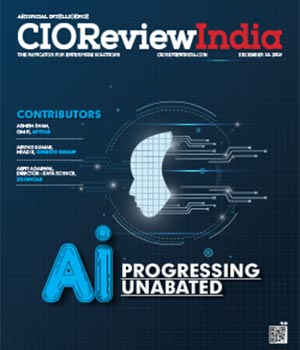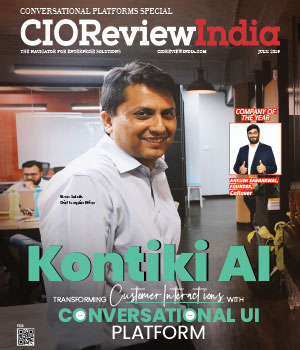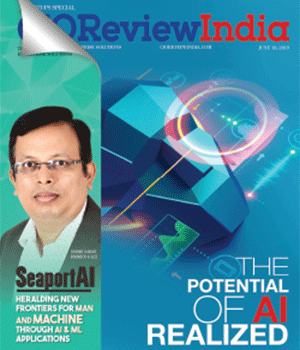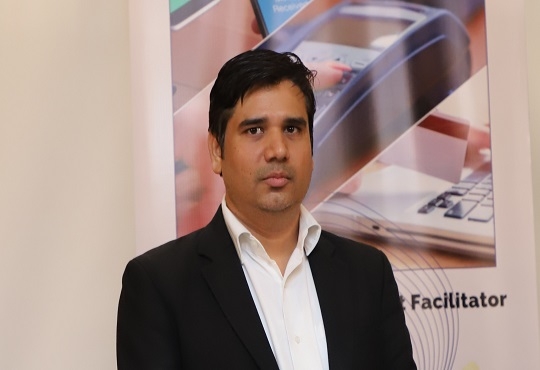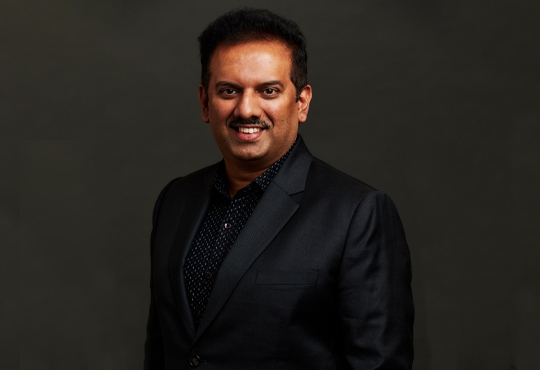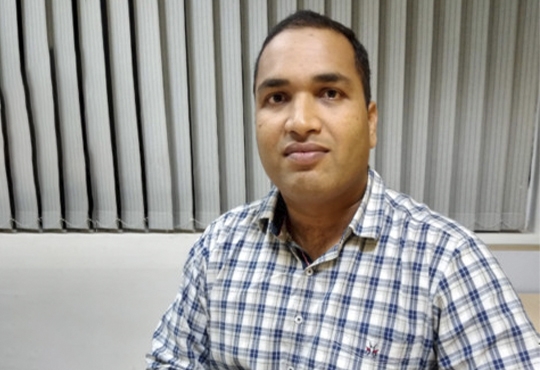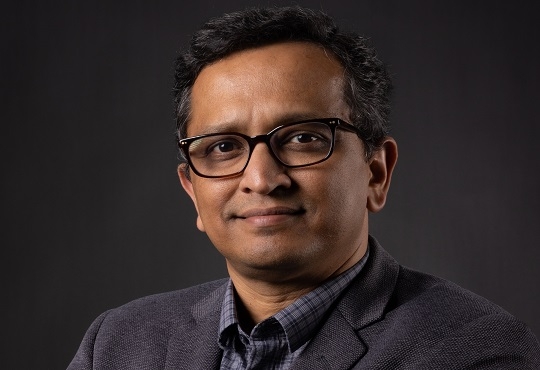
AI tool promises accurate Alzheimer diagnosis
CIOReviewIndia Team | Friday, 28 August 2020, 13:31 IST
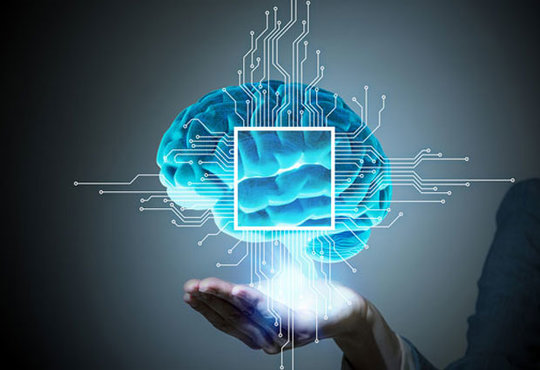 Through the detection of differences in the ability of an Alzheimer’s patient in using a language, Stevens Institute of Technology researchers have made an artificial intelligence-based algorithm, which holds the promise to diagnose Alzheimer 95 percent accurately, in minimum cost. In addition, it gives explainable conclusion, where physicians can double-check the diagnosis accuracy.
Through the detection of differences in the ability of an Alzheimer’s patient in using a language, Stevens Institute of Technology researchers have made an artificial intelligence-based algorithm, which holds the promise to diagnose Alzheimer 95 percent accurately, in minimum cost. In addition, it gives explainable conclusion, where physicians can double-check the diagnosis accuracy.
K.P. Subbalakshmi, the Founding Director of Stevens Institute of Artificial Intelligence and Professor of Electrical and Computer Engineering, Charles V. Schaeffer School of Engineering, said, “This is a real breakthrough. We're opening an exciting new field of research, and making it far easier to explain to patients why the A.I. came to the conclusion that it did, while diagnosing patients. This addresses the important question of the trustability of A.I. systems in the medical field.”
It is a well-known fact that Alzheimer’s affects a person’s language proficiency, where people affected by Alzheimer’s typically replaces nouns with pronouns. For example, they say, “He sat on it” and not say “The boy sat on the chair”, and say "My stomach feels bad because I haven't eaten", and not say "I'm hungry." Researchers have designed an explainable artificial intelligence engine, which uses attention mechanisms and convolutional neural networks, a form of A.I, which learns with time. Subbalakshmi, along with her students developed the software, identifying accurately the telltale signs of Alzheimer’s and detecting subtle linguistic patterns previously unnoticed.
With her team, Subbalakshmi trained the algorithm using texts produced by both healthy subjects and Alzheimer’s sufferers, as they described a drawing of children stealing cookies from a jar. Using Google developed tools, Subbalakshmi and her team converted sentences from each individual into a unique numerical sequence, or vector, describing a specific point in a 512-dimensional space.
This approach allows even complex sentences to get a concrete numerical value, making it easier to analyze structural and thematic relationships between sentences. Using vectors and handcrafted features, the subject matter experts have created the Artificial Intelligence system which learned to spot similarities and differences between sentences spoken by healthy or unhealthy subjects determining the accuracy of a text by an Alzheimer’s patient.
Subbalakshmi said, “This is absolutely state-of-the-art. Our A.I. software is the most accurate diagnostic tool currently available while also being explainable." Subbalakshmi presented her work in collaboration with doctorate students Mingxuan Chen and Ning Wang, on Aug. 24 at the 19th International Workshop on Data Mining in Bioinformatics at BioKDD.
The system will easily incorporate new criteria that may get identified by other research teams in the future. "We designed our system to be both modular and transparent. If other researchers identify new markers of Alzheimer's, we can simply plug those into our architecture to generate even better results,” said Subbalakshmi.
Theoretically, artificial intelligent systems are able to diagnose Alzheimer’s based on any text, from a personal email to a social-media post. The steps involved include training an algorithm and using different kinds of texts by Alzheimer’s sufferers. "The algorithm itself is incredibly powerful. We're only constrained by the data available to us," said Subbalakshmi.
In the next months, Subbalakshmi is gathering new data for allowing the software to diagnose the patients regarding speech in languages other than English and patients of aphasia, stroke, traumatic brain injuries, and depression. "This method is definitely generalizable to other diseases. As we acquire more and better data, we'll be able to create streamlined, accurate diagnostic tools for many other illnesses too,” said Subbalakshmi.
CIO Viewpoint
Harnessing the Power of AI and ML for Business...
By Vinod Subramanyam, Managing Director, Brillio
The Key to Achieving Real-time AI: Optimizing...
By Mukundha Madhavan, APAC Tech lead, Datastax
Smart Payment Solutions: The Role of AI and IoT...
By Manoj Varma, Head - Payments, Lyra Network, India
CXO Insights
Navigating the Ethical Frontier: Transforming...
By Varun Shah, Software Development Manager, Amazon Services LLC
AI and Sustainability Forge the Future of Tech...
By Ajeya Motaganahalli, VP - Engineering, and MD, Pure Storage India
Maximizing Customer Satisfaction with AI-Driven...


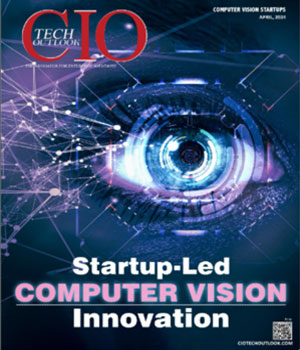
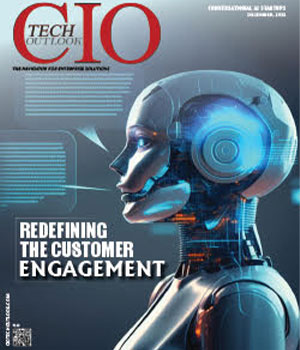
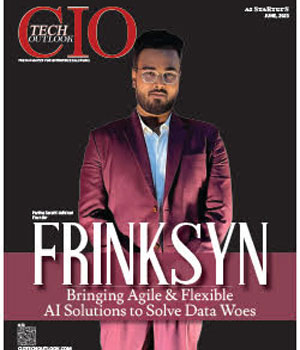
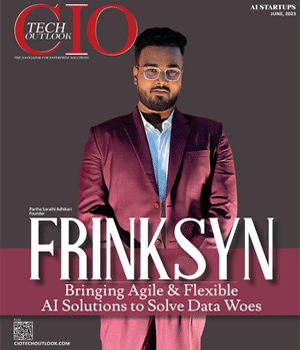
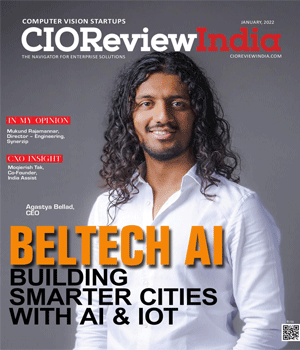
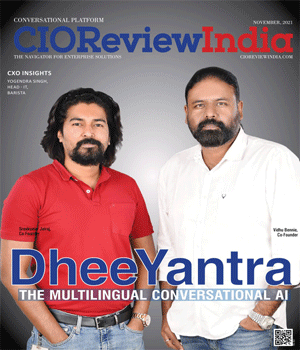
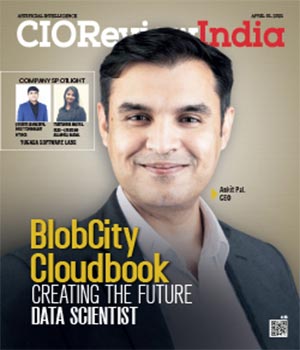
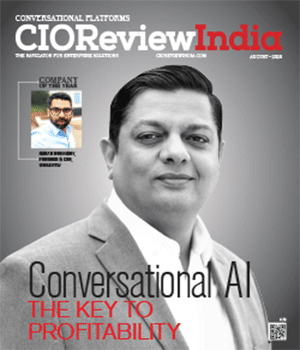
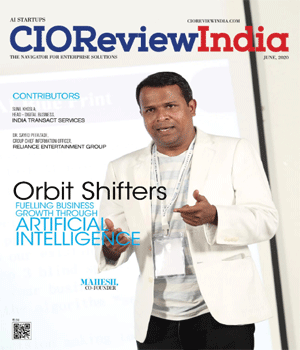
.jpg)
.jpg)
.jpg)
